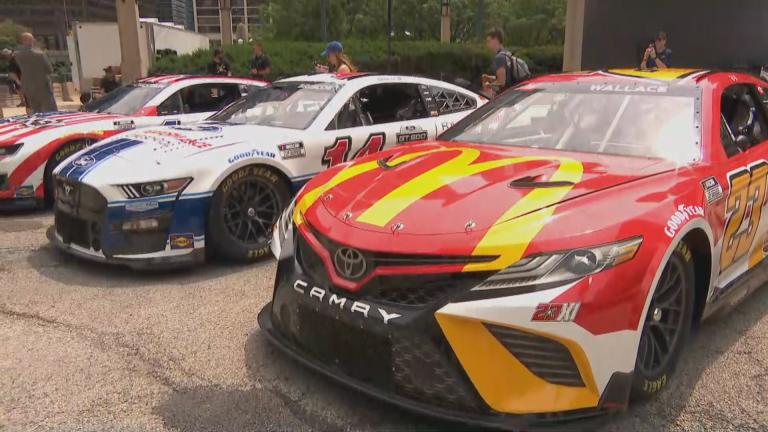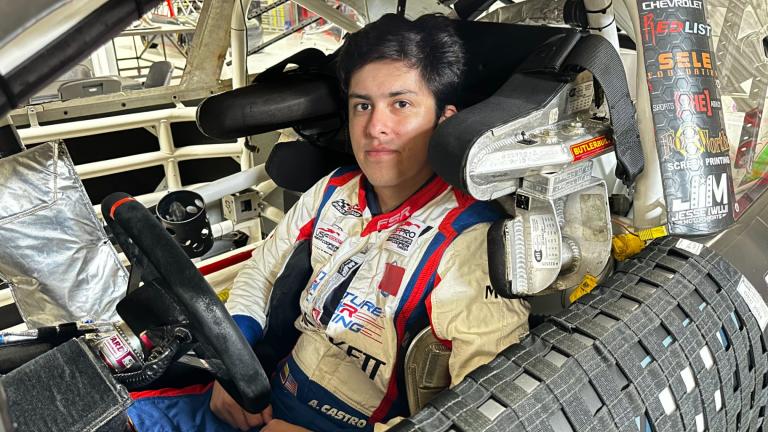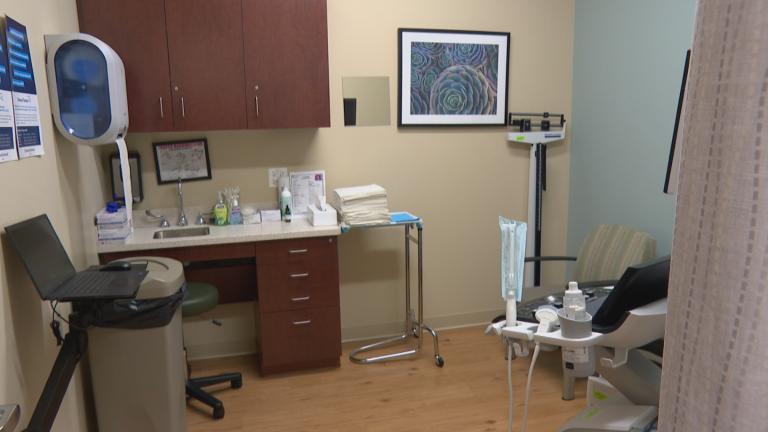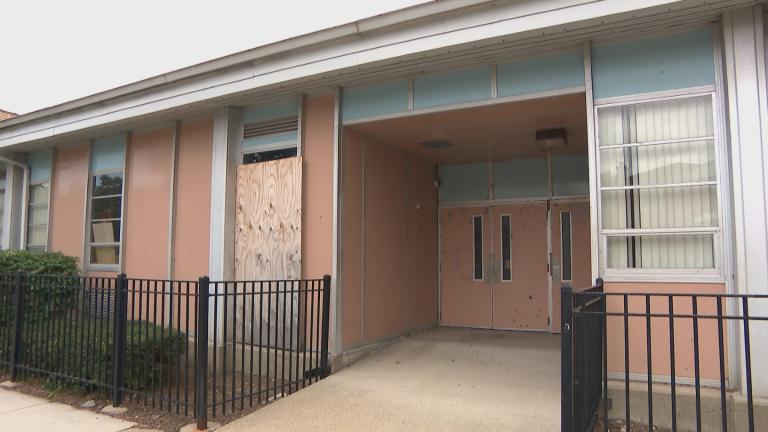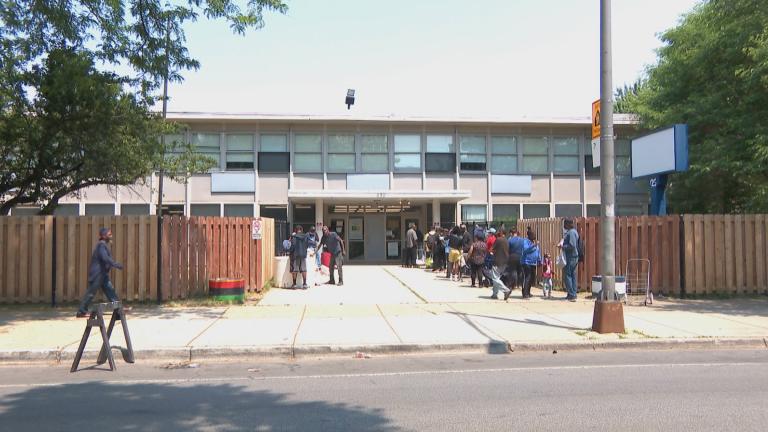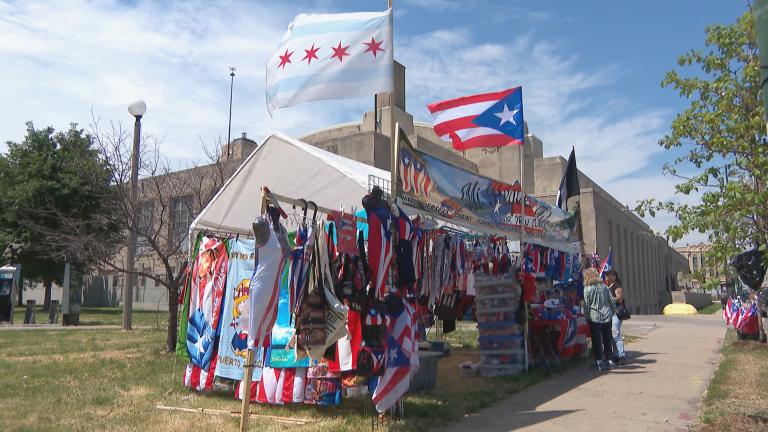It could be a game-changer for several communities on the Far South Side.
Chicago City Council approved a $950 million transit Tax Increment Finance district to siphon off future property tax revenues along South Side Red Line communities to raise money to extend that line. It means the terminus could move from 95th to 130th adjacent to the historic public housing community called Altgeld Gardens, connecting Roseland and Pullman to the rest of the city.
Interactive map: More from our community reporting series
For Altgeld Gardens residents, they have to take the 34 CTA bus, which can be a half hour ride from 95th, in order to get home.
Abraham Lacy at the Far South Community Development Corporation says that groups like his have fought for this for generations.
“It’s an area that’s been disconnected for 60 years now and being connected to the city is monumental,” Lacy said. “One because Altgeld was set up to be segregated from the rest of the city so it would put more of the Black community away from the city, especially away from downtown.”
He said it’d also be a game-changer for jobs that residents on the Far South Side didn’t apply to prior due to lengthy travel times.
And there’s the added benefit that 130th station and three other new stations will spur on badly needed development at those intersections. It could be a game-changer for several communities on the Far South Side.
Chicago City Council approved a $950 million transit Tax Increment Finance district to siphon off future property tax revenues along South Side Red Line communities to raise money to extend that line. It means the terminus could move from 95th to 130th adjacent to the historic public housing community called Altgeld Gardens, connecting Roseland and Pullman to the rest of the city.
Video: Watch our full interview with Cheryl Johnson, executive director of People for Community Discovery.
There’s practically nothing in the way of retail or food options in or around Altgeld Gardens, said Lou Turner, clinical assistant professor in urban and regional planning at the University of Illinois.
“The Red Line extension ... would actually generate new business development, commercial development, which would begin to circulate those dollars within the community so people don’t have to go outside of their community,” said Turner.
That is exactly the plan and the hope, according to the Leah Mooney, the Red Line extension project manager.
“Part of what that really means here is balance development,” Mooney said. “One of the messages we’ve gotten doing community outreach is that we need to be bringing in new development and economic investment and spurring that growth, but we also need to be careful and mindful that we’re creating opportunities for the community that’s already there.”
Altgeld Gardens is rich with history — built first to house Black war industry workers, veterans and southern migrants. But it quickly incurred the nickname “Toxic Donut” because industry is all around. Not only industry, but landfill. Not only landfill, but the site itself was chalk full of asbestos.
It led to activists like Hazel Johnson who took the fight for environmental justice nationally.
Also from Altgeld Gardens is Dorothy Gautreaux, a resident who sued the Chicago Housing Authority for discriminatory housing practices for secluding public housing in segregated Black neighborhoods. That landmark case changed the face of public housing in Chicago and across the nation.
Turner said that legacy of environmental racism impacts the lives of residents to this day.
“What began as a model city or urban design by the 1960s and '70s had become a toxic waste site,” Turner said.
Video: Watch our full interview with Donisha Reed, director of population and community health with TCA Healt.
It’s not just a transit desert but a food desert as well. Deloris Lucas, who runs an organization called We Keep You Rollin' Bike and Wellness Group, says the nearest place for fresh food is Walmart and it’s a labyrinth to get there.
“The way it stands now you need three buses to get to Walmart and that doesn’t make good sense. We’re on 130th, and Walmart is on 109th. We should have a Walmart shuttle bus,” Lucas said.
Lucas has also fought for and new bike lanes and pedestrian markers to try and improve all transit options in Altgeld Gardens and surrounding communities.
Continuing Environmental Efforts
Cheryl Johnson, the daughter of Hazel Johnson, has picked up where her mother left off. She’s currently the executive director at the People for Community Recovery. The group does a lot: training and info sessions around energy efficiency and health equity, neighborhood aid and meeting with policy makers.
Over 30 years ago, her mother said on a WTTW News special that living in Altgeld Gardens is like “living in hell” because “of the odor that makes you sick all the time.”
There is still pollution impacting the health of residents, Cheryl Johnson said, but she added things have improved since her mother started advocating for change like governments starting to address environmental harms.
Nathaniel Jenkins, who’s been living in the neighborhood for most of his life, said while the conditions still have improved due to the efforts of the Johnsons, he’s still concerned. He said he has bronchitis and that there’s many residents with asthma. He pointed to the industries still around the Far South Side.
In the '70s, Cheryl Johnson said Hazel Johnson was able to connect industrial pollution to public health issues, especially its impact on communities of color.
“There was a movement around Earth Day, save the whale, save the trees, but we got to save human health that has been exposed to industrial pollution,” Cheryl Johnson said.
“Chicago Tonight” is expanding its community reporting. We’re hitting the streets to speak with your neighbors, local businesses, agencies and leaders about COVID-19, the economy, racial justice, education and more. See where we’ve been and what we’ve learned by using the map below. Or select a community using the drop-down menu. Points in red represent our series COVID-19 Across Chicago; blue marks our series “Chicago Tonight” in Your Neighborhood.Community Reporting Series

